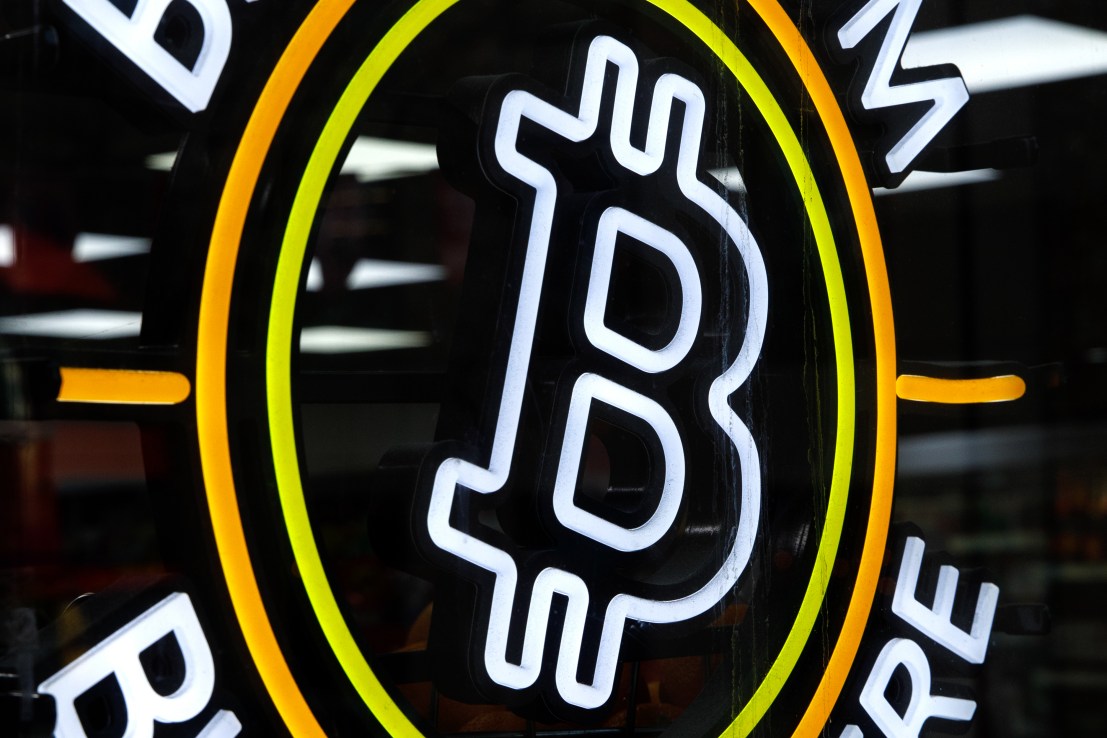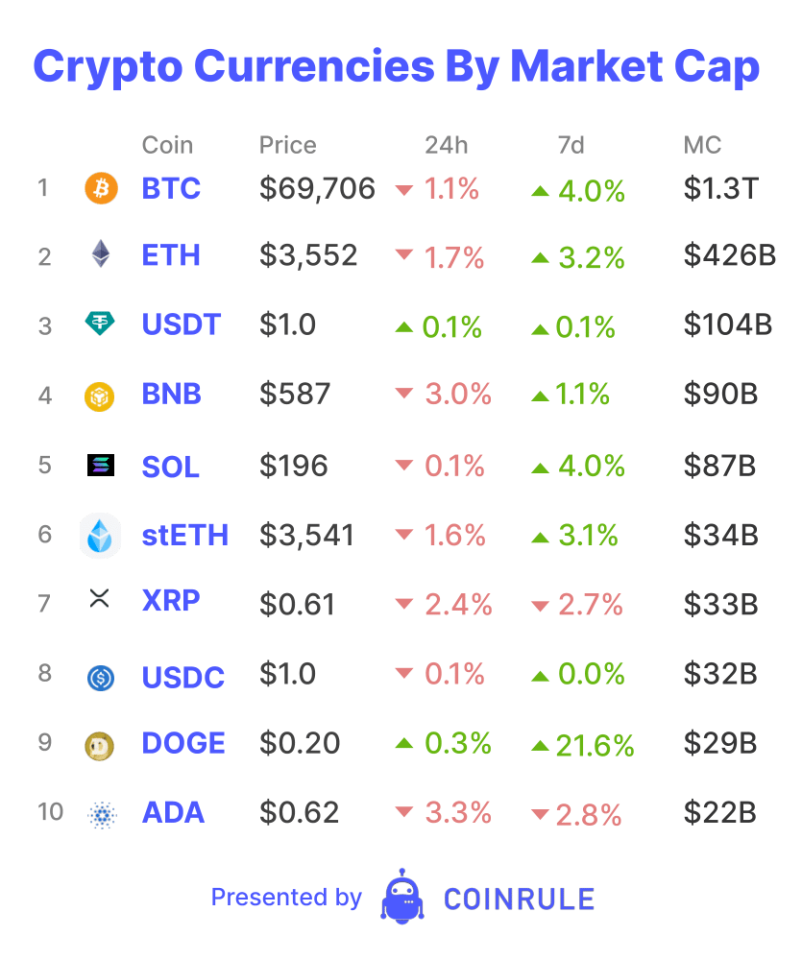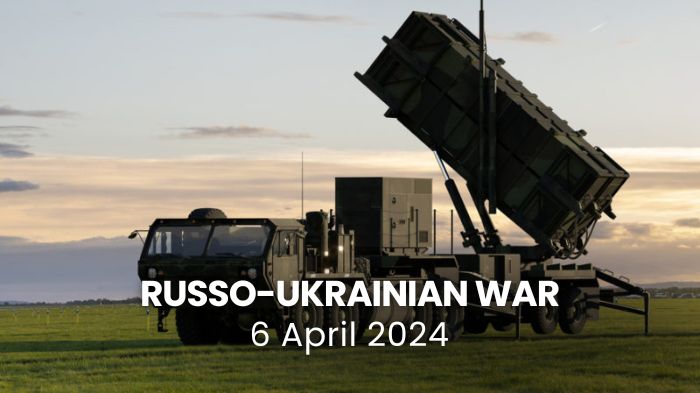The Crypto Venture Capital Landscape Brightens As Q1 Closes
On Sunday evening, Bitcoin closed the 7th month in a row with a green candle – the most in 13 years. Q1 was a wild one for the crypto world. ETFs, memes and increasing institutional involvement with the likes of BlackRock’s tokenised fund now having raised over $250 million. Venture capital (VC) crypto investments also made a [...]



On Sunday evening, Bitcoin closed the 7th month in a row with a green candle – the most in 13 years. Q1 was a wild one for the crypto world. ETFs, memes and increasing institutional involvement with the likes of BlackRock’s tokenised fund now having raised over $250 million. Venture capital (VC) crypto investments also made a resurgence.
Despite Bitcoin’s 7 month tear, crypto’s VC investments have remained relatively low compared to their 2021 highs. Investors allocated over $2.5 billion in Q1, marking a 25% increase compared to Q4 2023. However, the total of $10.2 billion raised in 2023 did not set a high benchmark. According to Pitchbook’s data, 2023 experienced a stark decline compared to 2021 and 2022 which saw $33 billion and $30 billion respectively. Funding has potentially remained muted, despite increasing optimism, due to the lasting damage of Terra and FTX. FTX, Alameda Research and Three Arrows Capital were all active VCs. All of which no longer exist and previously provided a healthy stream of early stage financing. Both FTX and Terra were also invested in by reputable investors. Limited partners may therefore also be apprehensive of allocating to crypto VC funds.

Saison Capital found the majority of 2021-originated crypto VC funds have still not paid back any capital to investors. Liquid token funds, that invest in tokens already trading on exchanges, may have absorbed some of the crypto VC allocations that require vesting and lead to payouts taking significantly longer. Due to lowering risk tolerance and patience, as they want to avoid only becoming liquid during the next bear market, limited partners seek funds that can return their capital faster and offer more liquid exposure to the asset class.
Merkle Manufactory, the developers behind the blockchain-based social media app Farcaster, are raising more funding and aim to become crypto’s next $1 billion unicorn. The X alternative has seen a 25x in daily active users since the start of 2024 – reaching almost 50,000. The app has attracted crypto-native participation through the use of the token Degen. Power users receive a daily tipping allowance of Degen and can reward other users on their posts for entertaining content. Last week, Degen also launched its own chain that uses a combination of Arbitrum and Base. It has become one of the first active layer 3s and uses the Degen token to pay for the near-zero gas fees. This caused Degen to rise by over 400% last week. However, will free Degen and decentralisation be enough to retain Farcaster users? Let’s find out in Q2.



